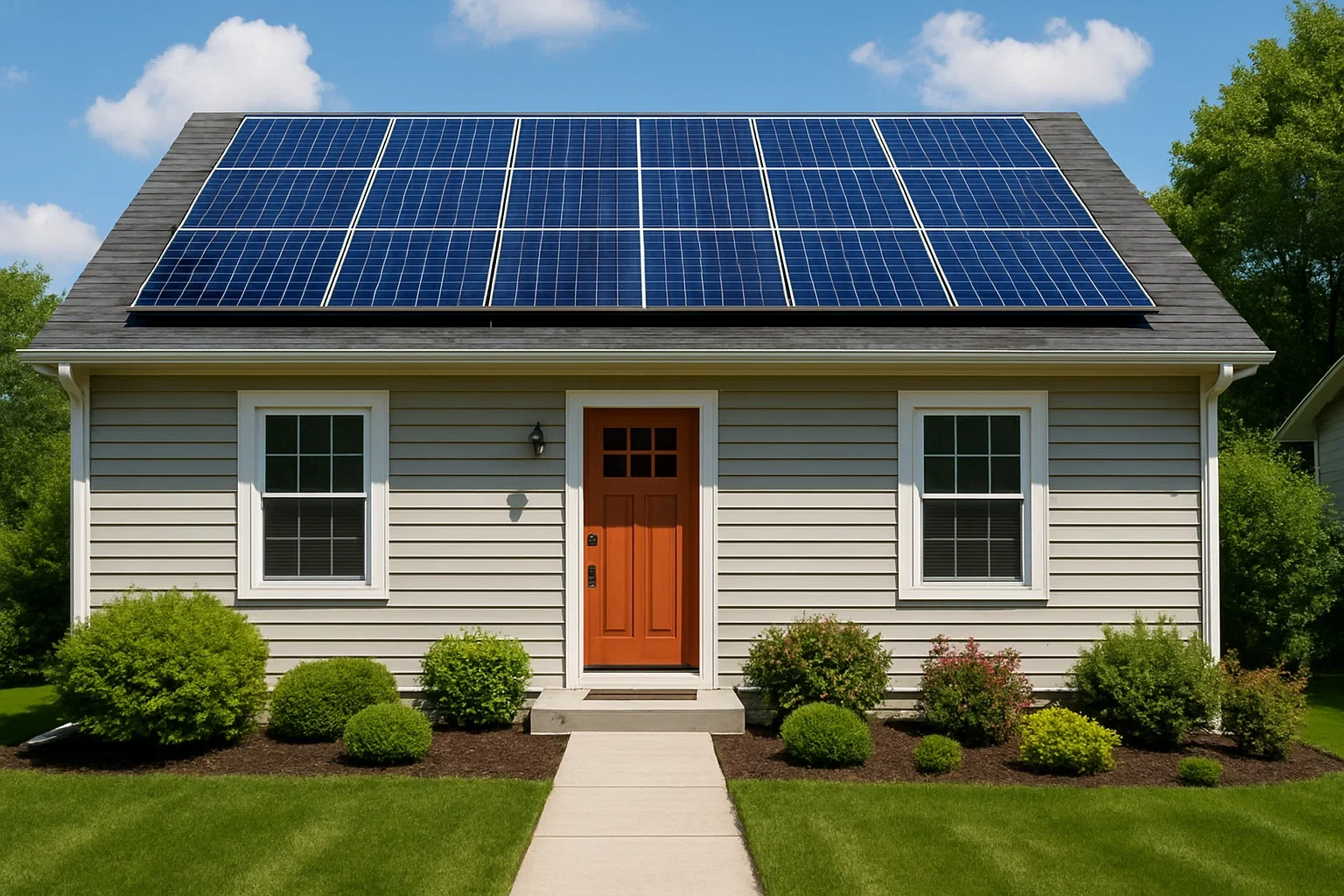The Sunny Side Up: Unlocking the Benefits of Home Solar
Are you looking for ways to reduce your reliance on traditional energy sources? Installing a home solar system can be a smart investment for your wallet, health, and planet. Not only will you save money on your electricity bills, but you'll also be doing your part in reducing greenhouse gas emissions and contributing to a cleaner environment.
How Much Meat Do You Consume?
Ditching meat for good can be tough, but going part-time (flexitarian) is a great compromise. You'll reap the benefits: lower risk of heart disease and stroke, reduced greenhouse gas emissions, and increased energy levels. Plus, you'll save money on meat purchases and enjoy a more varied diet. Try it out – your body (and planet) will thank you!
Meat Eating and The Environment
Meat eating has significant environmental consequences, including deforestation, water pollution, and greenhouse gas emissions. The production of meat requires vast amounts of land, water, and energy, leading to soil erosion, salinization, and nutrient depletion. These emissions contribute to climate change and global warming, threatening the health and well-being of our planet. By recognizing the environmental impact of meat eating, we can make conscious choices about our dietary habits and support sustainable agricultural practices for a more environmentally friendly future.
Your Diet’s Environmental Impact
Livestock farming is a significant contributor to environmental degradation, accounting for around 14.5% of global greenhouse gas emissions. The production of meat, dairy products, and other animal-derived foods requires vast amounts of land, water, and energy, leading to deforestation, habitat destruction, and water pollution. Additionally, the manure and waste produced by livestock farming can contaminate soil and groundwater, posing risks to human health and the environment. Furthermore, the transportation and storage of animal products require additional energy consumption, exacerbating the problem. It's essential to recognize the impact of our food choices on the planet and consider sustainable alternatives for a healthier future.
Green Energy and Renewable Energy, what’s the difference?
In the quest for sustainable energy, it's essential to understand the difference between Green Energy and Renewable Energy. While both terms share the goal of reducing our reliance on fossil fuels, Green Energy specifically emphasizes zero emissions during production and consumption, as well as a sustainable supply chain. In contrast, Renewable Energy focuses solely on the natural, replenishable source of energy. By promoting Green Energy initiatives, we can accelerate the transition towards a cleaner, more environmentally friendly energy landscape.
Green Energy Today
Information about where Green Energy is today in terms of capacity deployed in the United States, Europe, Asia, and the rest of the world.
Green Energy Explained
A definition of green energy and an overview of the different types of renewable energy sources that are being harnessed.






